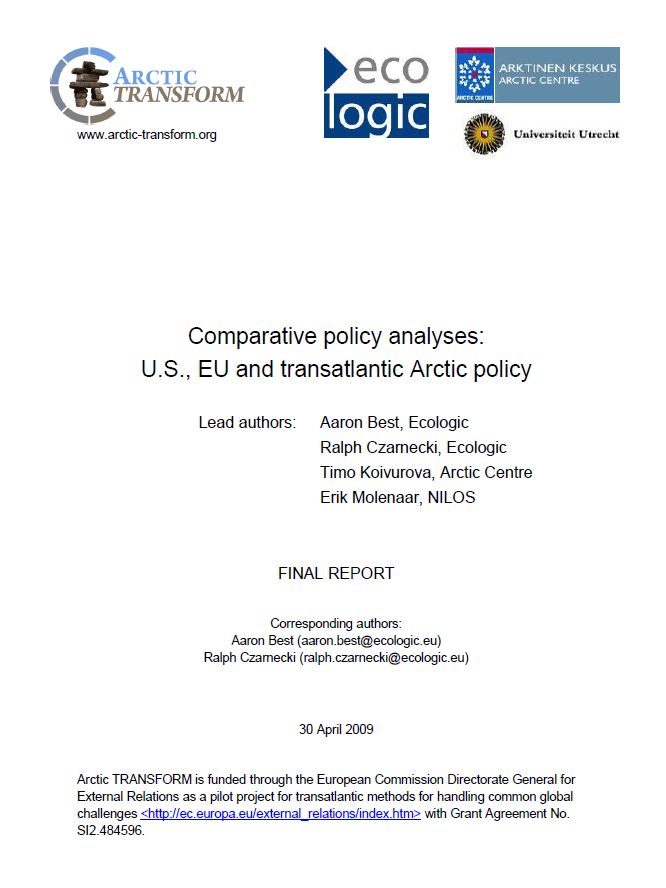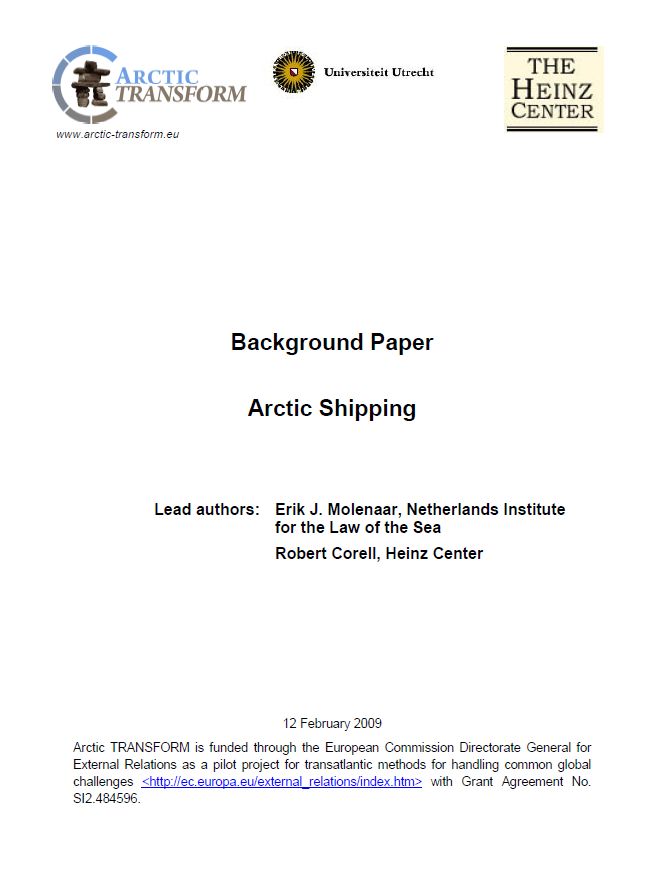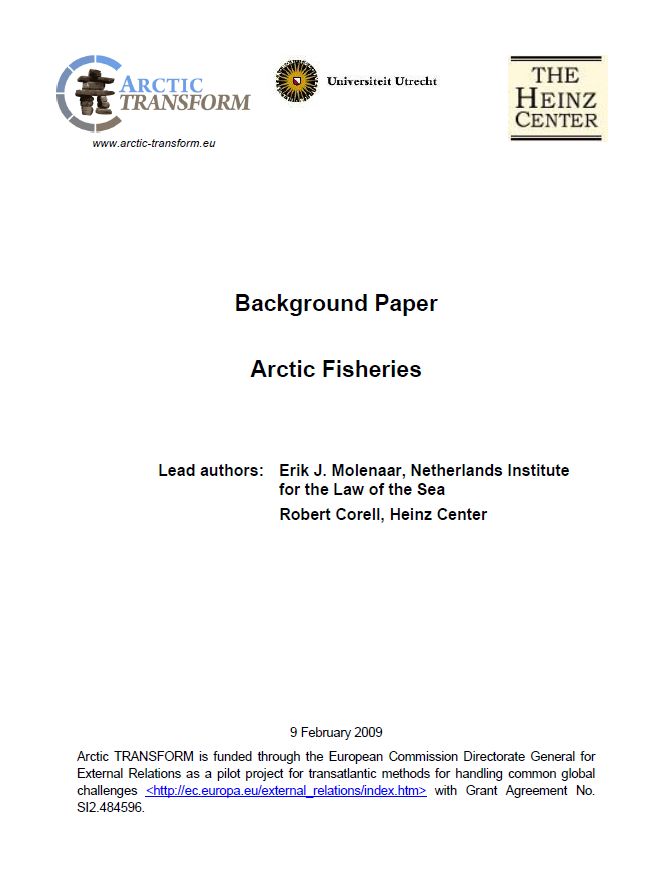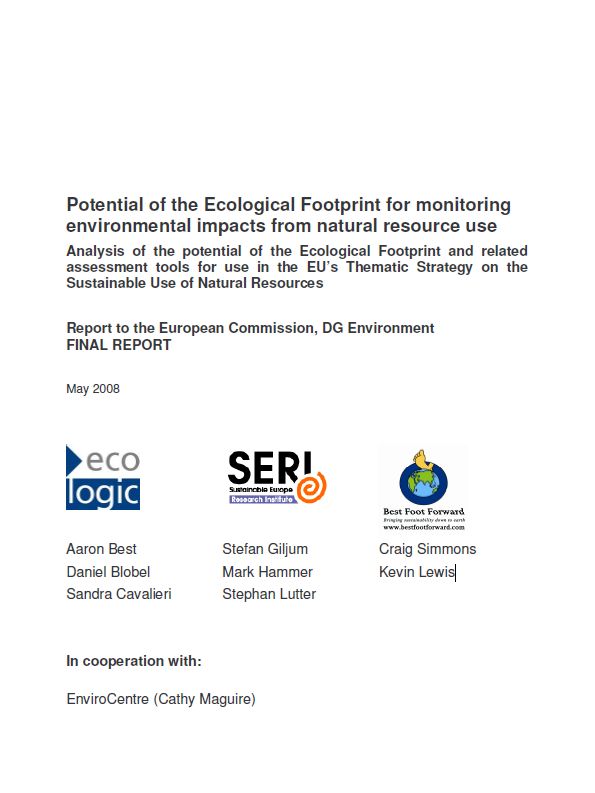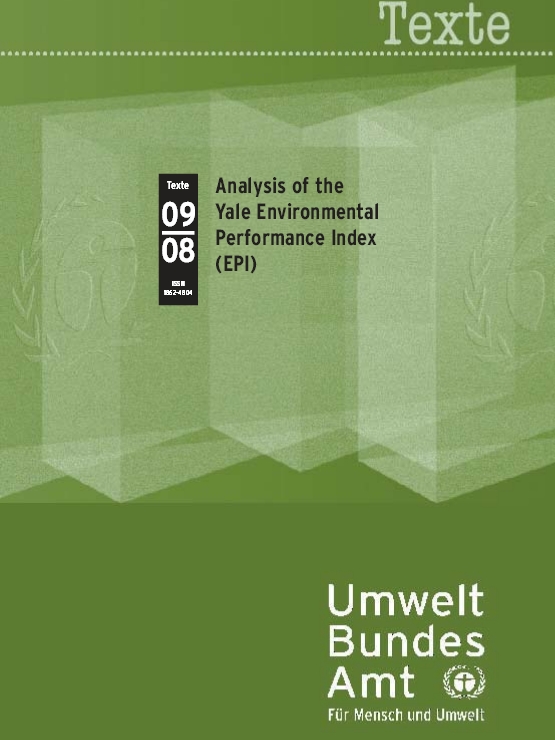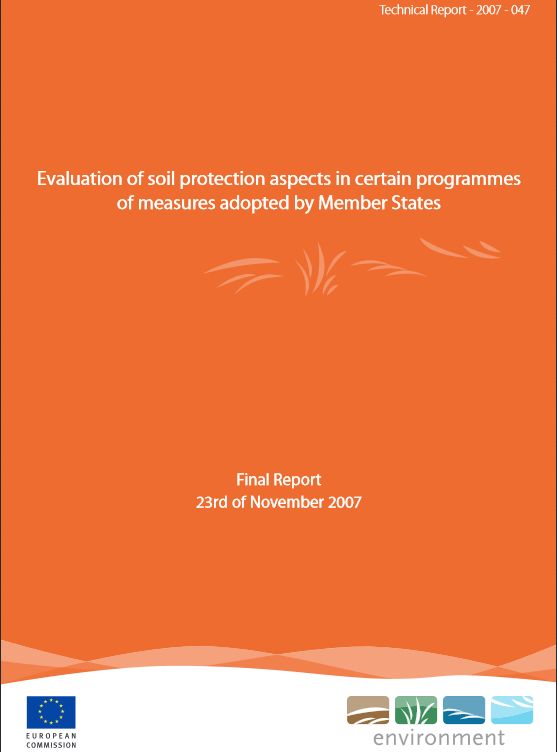Publication:Report
Publication:Report
Publication:Report
Publication:Report
Prospects of Linking EU and US Emission Trading Schemes:
Comparing the Western Climate Initiative, the Waxman-Markey and the Lieberman-Warner Proposals
Year
Read morePublication:Report
Publication:Report
Publication:Report
Publication:Report
Publication:Report
Publication:Report
Publication:Report
The Cost of Policy Inaction (COPI)
The Case of not Meeting the 2010 Biodiversity Target
Year
Read morePublication:Report
Publication:Report
Publication:Report
Publication:Report




